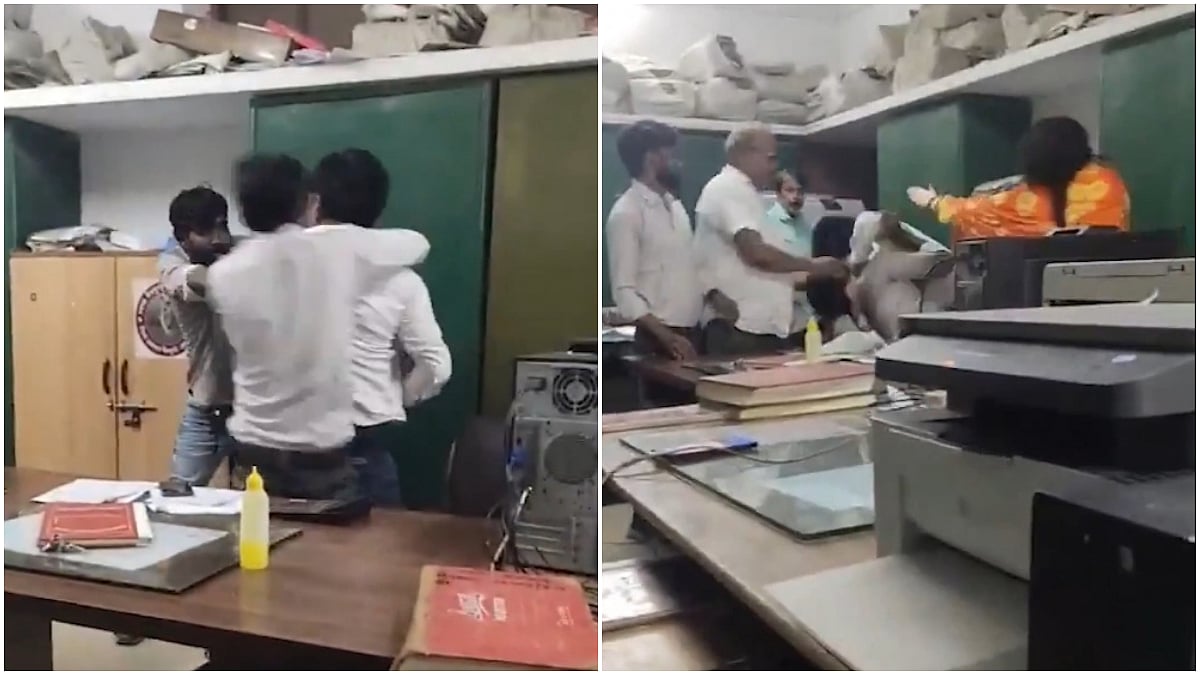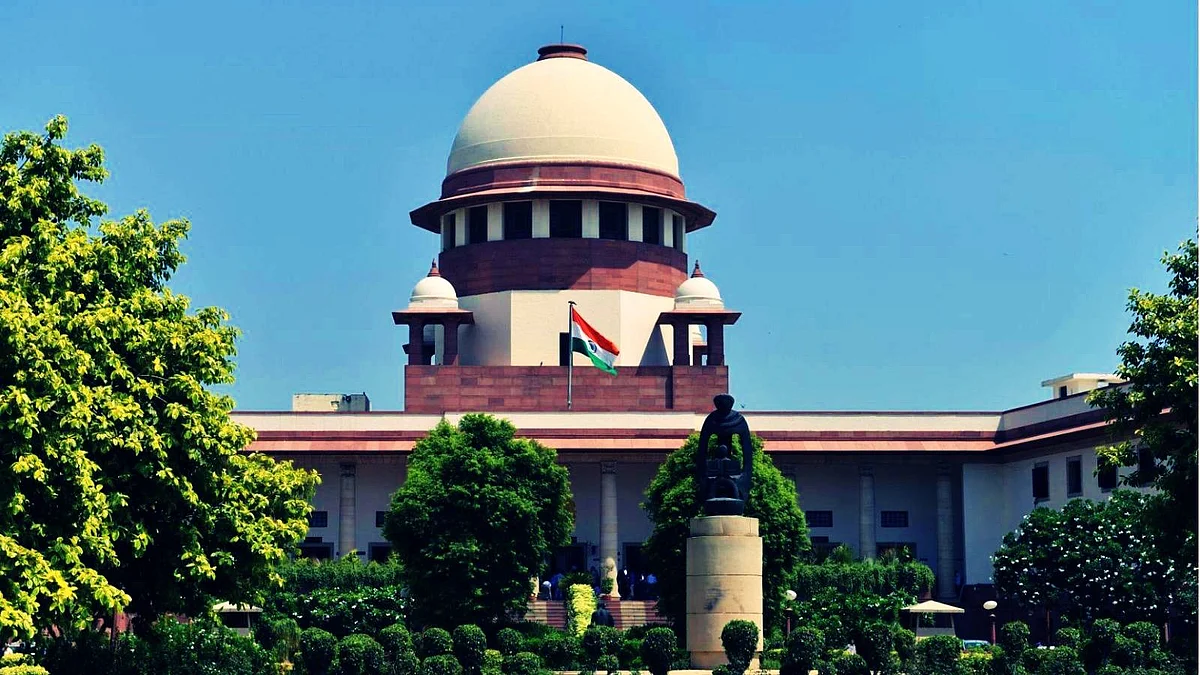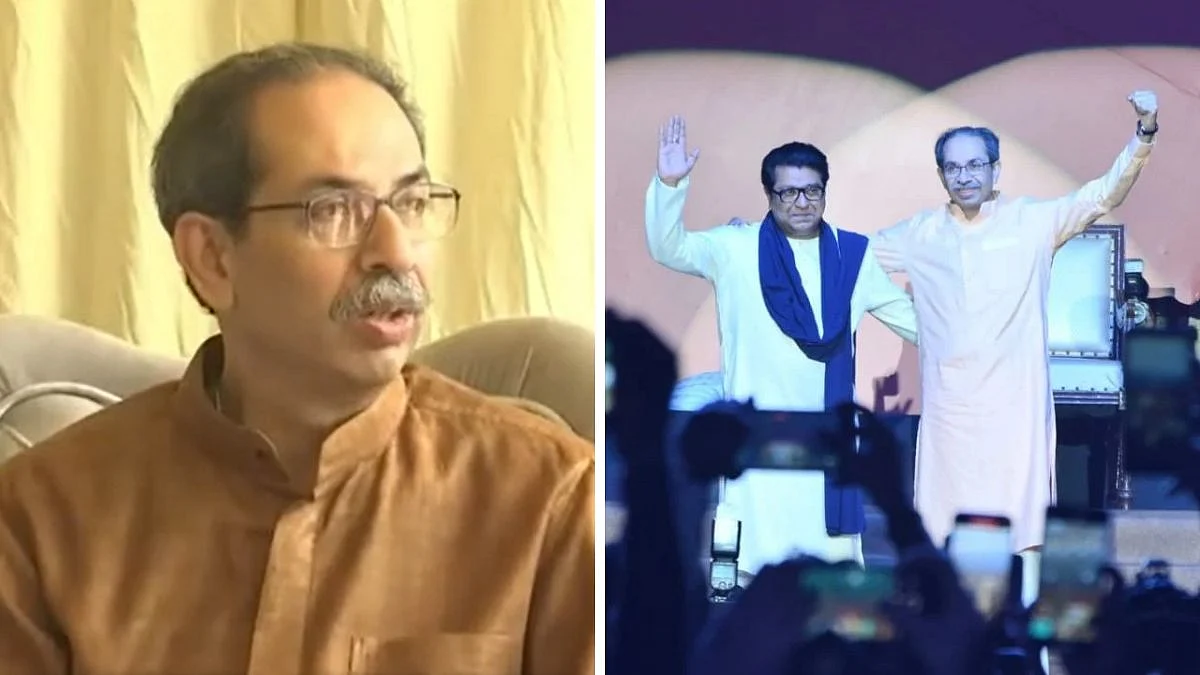Lucknow: In a major push to eradicate lymphatic filariasis (elephantiasis) from Uttar Pradesh, the state government will launch a large-scale Mass Drug Administration (MDA) programme on August 10 across 27 districts, aiming to cover over 44.3 million people.
About The Initiative
The initiative is part of the National Filaria Elimination Programme and will be implemented under the supervision of the Department of Medical Health, with support from organizations like the WHO, PATH, Project Concern International, Global Health Strategies, and CIPHER.
Speaking at a media workshop in Lucknow on Wednesday, Dr. A.K. Chaudhary, Additional Director (Malaria) and State Programme Officer for Vector-Borne Diseases, said that the MDA campaign will be run in two formats. In 17 endemic districts—Auraiya, Bahraich, Balrampur, Basti, Etawah, Farrukhabad, Ghazipur, Gonda, Deoria, Gorakhpur, Kannauj, Kushinagar, Maharajganj, Sant Kabir Nagar, Shravasti, Siddharthnagar, and Sultanpur—two drugs (DEC and Albendazole) will be administered. In another 10 districts—Sitapur, Raebareli, Mirzapur, Lakhimpur Kheri, Kaushambi, Kanpur Nagar, Kanpur Dehat, Fatehpur, Chandauli, and Hardoi—a three-drug regimen (DEC, Albendazole, and Ivermectin) will be followed.

Dr. Chaudhary underscored that community participation is essential, noting that if every eligible individual consumes anti-filaria medication once a year for five consecutive years, filaria can be permanently eliminated from the state. “This is not just a health issue, it is a moral and collective responsibility,” he said.
Anti-filaria drugs are considered completely safe, he added, even for people suffering from chronic conditions like diabetes, hypertension, or arthritis. However, children below the age of two, pregnant women, and seriously ill individuals are excluded from the medication drive. “If someone experiences nausea, dizziness, vomiting or itching after taking the drugs, it's actually a positive sign — it means the parasites are dying,” Dr. Chaudhary explained.
To ensure smooth implementation, Rapid Response Teams will be stationed at every block to manage any reported side effects. Medicines will only be distributed under the supervision of trained health workers, who will deliver them door-to-door or at designated booths. People are advised not to consume the medicines on an empty stomach and should not store or distribute them independently.
Dr. Tanuj Sharma, WHO’s State NTD Coordinator, highlighted the severity of filariasis, calling it one of the leading causes of long-term disability globally. He pointed out that the disease is transmitted through mosquito bites and often acquired in childhood. If untreated, it can result in permanent swelling of limbs (lymphedema), hydrocele (scrotal swelling), or chyluria (milky urine), all of which cause not just physical disability but also social stigma and financial hardship. He added that Albendazole, one of the key drugs in the regimen, also treats intestinal worm infestations in children, improving their physical and cognitive development.
The media workshop also saw participation from key partner organizations involved in mobilization and field implementation. Dhruv Singh from Project Concern International stressed the importance of engaging local leadership like Gram Pradhans and leveraging networks such as self-help groups and ration dealers to spread awareness at the grassroots level.
Dr. Siddharth from PATH reiterated the organization’s ongoing support for the government’s MDA and Morbidity Management and Disability Prevention (MMDP) programmes. Ranjana Dwivedi of CIPHER emphasized the role of storytelling and the media in raising awareness and empathy through patient-centric reporting. “People relate to real-life stories. The media can bring the human face of this disease to the forefront,” she said.


Anuj Ghosh of Global Health Strategies concluded the session by acknowledging the vital role of journalists and media platforms in shaping public behavior. He urged the media to amplify messaging around the upcoming campaign and help ensure maximum coverage and participation starting August 10.
The comprehensive campaign reflects the state’s strong commitment to eradicating filariasis and ensuring a healthier future for millions of its residents.










